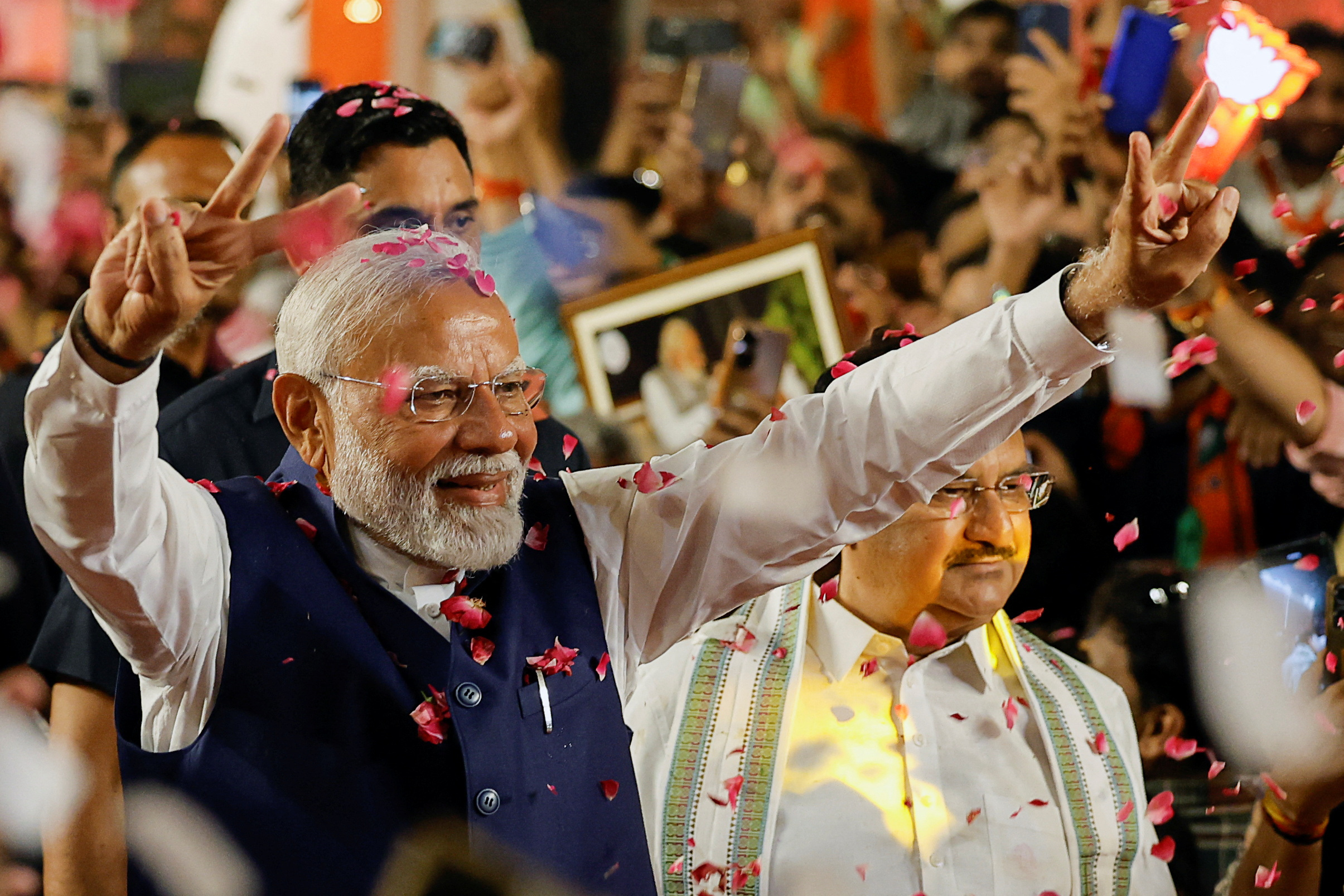El Salvador’s February 4th elections saw a decisive victory for incumbent President Nayib Bukele, securing him a second term with a staggering 83% of the vote according to provisional results. However, the election also raises concerns about the consolidation of power and potential erosion of democratic institutions.
Bukele’s Popularity and the Security Narrative:
Bukele’s ascent has been fueled by frustration with traditional political parties and his portrayal as a charismatic outsider. His campaign heavily emphasized his success in curbing gang violence, a major issue in El Salvador. While the homicide rate has fallen significantly under his watch, critics argue it came at the cost of increased militarization and human rights abuses.
Unprecedented Power and Unease:
Bukele’s party, Nuevas Ideas, also secured a supermajority in the Legislative Assembly, further concentrating power in his hands. This raises concerns about checks and balances within the government and the potential for legislative changes impacting independent institutions.
International Reactions and the Road Ahead:
The international community has expressed mixed reactions. While some acknowledge Bukele’s popularity and efforts against crime, others worry about his authoritarian tendencies. The United States, a key partner of El Salvador, has urged respect for democratic institutions and the rule of law.
Bukele’s second term will be closely watched to see if he can address economic challenges, maintain progress on security, and uphold democratic principles. El Salvador’s future trajectory hinges on finding a balance between addressing societal concerns and safeguarding vital democratic mechanisms.
Additional Points to Consider:
- The opposition was fragmented and lacked a clear alternative, contributing to Bukele’s dominant victory.
- The electoral process itself saw some technical glitches and delays, raising concerns about transparency.
- The upcoming municipal elections on March 3rd could provide further insights into public sentiment.



